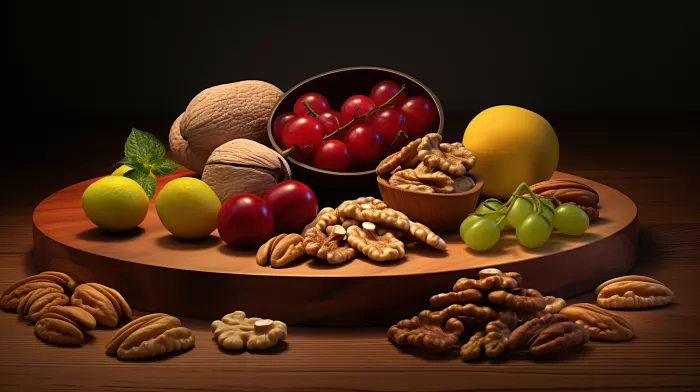It’s embarrassing, annoying, and exasperating, but quite controllable. We’re talking about the distressing inconvenience of the side effects associated with prostate problems. You might be experiencing midnight trips to the bathroom to pee, pain when you start and end urination and dribbling when you’re done. It can be frustrating when nothing you do seems to help, no matter how careful you try to be.
Understanding the causes of these symptoms is key to controlling them so you can learn how to cope and prevent them in the future. The walnut-sized prostate gland is located at the base of the bladder. The urethra runs from the bladder, through the prostate, and through the penis. As the prostate gets bigger, which often happens as you age, it constricts the flow of fluid through the urethra, contributing to several unpleasant and annoying symptoms.
Symptoms of Prostate Problems
- A need to urinate frequently during the night
- Urinating more often during the day
- Urinary urgency — a strong and sudden urge to pee
- Slow-to-start urine stream
- Lack of force in the urinary stream
- A slight stinging at the beginning and end of urination
- Urine “dribbling” sometime after urination ends
- The sensation that the bladder hasn’t been emptied entirely
- The need to urinate again only a few minutes later
For the most part, these symptoms on their own don’t require medical attention. They can often be controlled by certain urination management techniques that you can practice on your own. If the symptoms are particularly bothersome to you, consult a healthcare professional for help. In particular, you should seek medical care if you experience these more severe symptoms of prostate problems:
- Inability to urinate
- Painful urination
- Blood in the urine
- Discharges from the penis other than urine
- Continuous or severe urinary incontinence
Decreasing Your Chances of Prostate Problems
If you want to decrease your chances of prostate problems, then studies indicate that a diet loaded with certain fruits and vegetables may be your best bet. Researchers have concluded from various trials that antioxidant- and flavonoid-rich sources like tomatoes, citrus fruits, berries, onions, and carrots have anti-oxidative and anti-inflammatory properties, which can help maintain prostate health.
More often than not, using self-help management techniques and natural supplements such as saw palmetto, pumpkin seed, lycopene, red clover, and nettle can also help manage your prostate health. It’s important to remember that frequent urination, stinging, and dribbling are often not threats to your health or your life, although they can be awkward and embarrassing.
Currently, more than 30 million men over the age of 60 will experience prostate problems and decreased prostate health, but it doesn’t have to mean decreased overall health. With natural nutrients, vitamins, minerals, and a healthy diet, you can help restore your prostate function to optimum levels.
Additional Tips for Managing Prostate Problems
- Stay hydrated: Drinking sufficient water throughout the day can help flush toxins from your body and promote healthy kidney and bladder function.
- Limit alcohol and caffeine intake: These substances can irritate the bladder and worsen your symptoms.
- Practice double voiding: When you feel the need to urinate, go to the bathroom, and after finishing, wait a moment and try to go again. This can help ensure that your bladder empties completely.
- Maintain a healthy weight: Obesity can lead to increased pressure on the bladder and worsen your symptoms.
When to See a Doctor
If you’ve been experiencing symptoms for some time, and they’re affecting your daily life, it’s time to consult a healthcare professional. They can provide you with a diagnosis and recommend the best course of treatment to manage and alleviate your symptoms.
Prostate problems can indeed be embarrassing and annoying, but they don’t have to control your life. By understanding the causes and using practical self-help techniques, you can manage your symptoms and improve your overall quality of life. Don’t hesitate to seek help from a healthcare professional if you feel you need it, and remember to make the necessary lifestyle changes for better prostate health.



